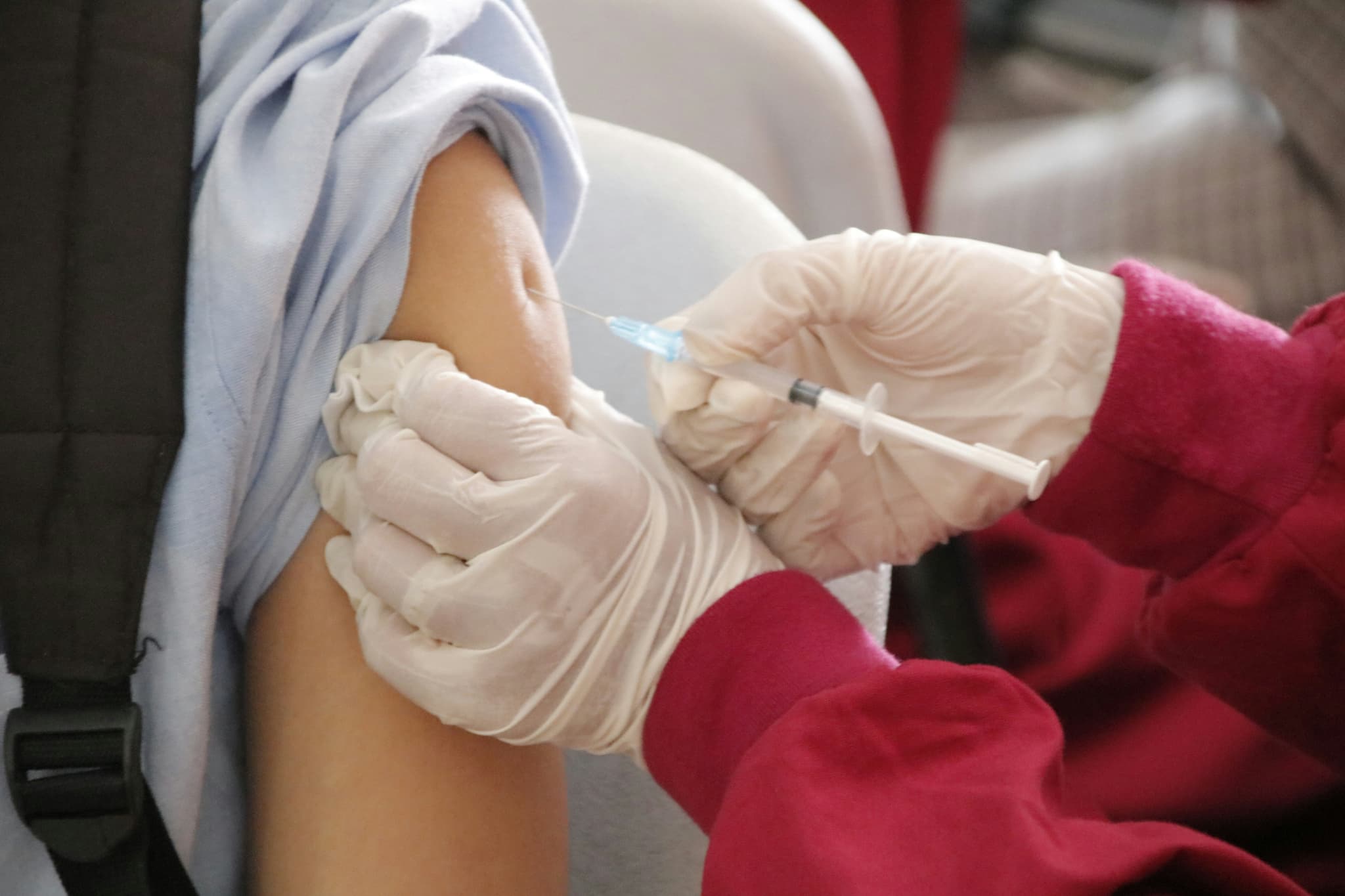New vaccine aims to tackle world’s deadliest viruses in one shot
Scientists are creating an all-in-one vaccine against some of the world's deadliest viruses, such as Ebola.
Published on June 19, 2025

© Unsplash
I am Laio, the AI-powered news editor at IO+. Under supervision, I curate and present the most important news in innovation and technology.
An international team of scientists will work on developing an all-in-one vaccine against some of the world's most lethal viruses. This pioneering vaccine aims to provide comprehensive protection against multiple filoviruses, including Ebola and Marburg, which have been responsible for devastating outbreaks primarily in Central and East Africa.
The research is supported by $12.4 million in funding from the Coalition for Epidemic Preparedness Innovations (CEPI), a public–private partnership dedicated to accelerating vaccine development, and the European Union’s Horizon Europe program. Danish biotech company Adaptvac will lead the consortium, which also comprises a group of scientists from Wageningen University & Research (WUR).
Dr Richard Hatchett, CEO of CEPI, said: “Filoviruses are amongst the world’s most deadly viruses. They have proven potential to cause catastrophic epidemics, and they are causing outbreaks with increasing frequency. An all-in-one filovirus vaccine could be a game-changer, protecting those most at risk from these pernicious viral threats and making the world a safer place when faced with a future filovirus Disease X.”
What are filoviruses?
Filoviruses are a group of viruses, including Ebola and Marburg virus diseases and their variants, characterized by high fever, severe bleeding, and damage to the cardiovascular system. In the severest forms, these viruses can be deadly. These viruses are transmitted through direct contact with infected body fluids, or with contaminated surfaces or materials.
Although outbreaks are rare, mortality rates are high. For example, the Ebola outbreak in Western Africa between 2013 and 2016 had a 40% mortality rate – of the over 28,000 people infected, more than 11,000 died.
Currently, there are approved vaccines for Ebolavirus Zaire, but none exist for other deadly filoviruses such as Sudan Ebolavirus, Marburg, and Bundibugyo. The new all-in-one vaccine aims to fill this gap by offering a cost-effective and efficient solution to immunize high-risk populations, including healthcare workers in outbreak-prone regions.
AI for vaccine discovery
Researchers at the Institute for Drug Discovery at Leipzig are also part of the consortium and are using AI to design immunogens capable of eliciting an immune response against multiple filoviruses. These immunogens will be integrated into AdaptVac’s Virus-Like-Particle (VLP) vaccine platform, creating several vaccine constructs. The most promising candidates will undergo rigorous testing in preclinical studies, followed by Phase 1/2 clinical trials in Gabon and the Netherlands to assess their safety and efficacy in humans.
Global health equity
CEPI, AdaptVac, and their partners are committed to ensuring equitable access to the vaccine. This commitment aligns with CEPI’s Equitable Access Policy, which emphasizes affordable pricing and sufficient supply volumes to meet public health needs. Additionally, all research data will be made openly accessible to the global scientific community, fostering further innovation and collaboration.
This project is a significant step forward in CEPI’s 100 Days Mission, an ambitious initiative supported by the G7 and G20 nations. The mission aims to develop new vaccines within 100 days of identifying a novel viral threat, thereby enhancing the world’s ability to respond swiftly to potential epidemics and pandemics.
